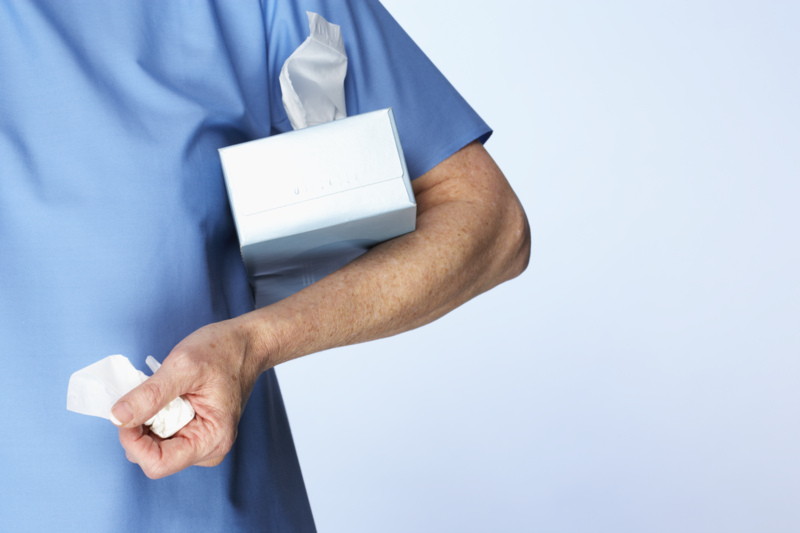SATURDAY, Oct. 24, 2015 (HealthDay News) — More than one in 10 U.S. schools reported at least one student who suffered a severe allergic reaction during the 2013-14 school year, new research shows.
And 22 percent of those students had no previously known allergies, the researchers added. Epinephrine is typically used to treat severe allergic reactions (anaphylaxis).
“There’s always a first time for a reaction — it can be at home, it can be in school, it can be in a restaurant, it can be on the soccer field,” said study author Dr. Martha White, research director of the Institute for Asthma & Allergy in Wheaton, Md.
“But the bottom line is that many students experiencing anaphylaxis in school had no prior known allergies and would not have had medication there or at home,” she said in a news release from the American Academy of Pediatrics (AAP).
The study included more than 6,000 schools participating in the Epipen4Schools program, which provides free epinephrine auto-injectors to more than 59,000 public and private schools across the country.
Of the 919 severe allergic reactions reported by the schools in the study, 75 percent of patients were treated with epinephrine auto-injectors, while 18 percent were treated with antihistamines. The most common triggers of the allergic reactions were food (62 percent) and insect stings (10 percent). Triggers could not be pinpointed in 20 percent of the cases.
The findings suggest that a significant number of children suffer their first severe allergic reaction while in school, and there is a need for greater access to epinephrine auto-injectors in schools, White said.
The study, to be presented Saturday at AAP’s annual meeting in Washington, D.C., was funded by Mylan Specialty, which markets epinephrine auto-injectors. Findings presented at meetings are generally considered preliminary until published in a peer-reviewed journal.
More information
The U.S. National Institute of Allergy and Infectious Diseases has more about anaphylaxis.
Copyright © 2026 HealthDay. All rights reserved.

